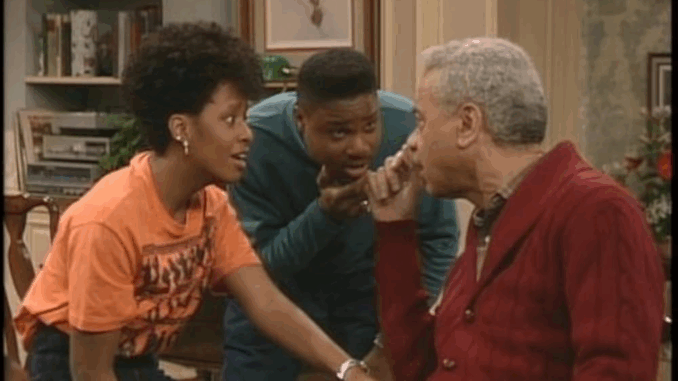
For much of the 1980s and early 1990s, The Cosby Show stood as a beacon of family values, positive representation, and cultural pride. Praised for its groundbreaking portrayal of an affluent, educated Black family, the sitcom became a beloved staple in American households and a symbol of progress. Yet, as the decades unfolded, the public’s perception of the show underwent a profound transformation — one shaped by revelations and controversies that challenged its legacy.
The Era of Celebration
When The Cosby Show premiered in 1984, it was heralded as a revolutionary shift in television. The Huxtables offered audiences an alternative to the stereotypes and one-dimensional portrayals of Black families that had dominated media. The show’s warmth, humor, and uplifting messages about education and family resonated widely, earning critical acclaim and massive viewership.
Bill Cosby’s role as the affable patriarch earned him the affectionate title of “America’s Dad.” The show’s influence extended beyond entertainment; it became a cultural touchstone that fostered pride and hope within Black communities and beyond.
Cracks in the Facade
However, starting in the mid-2000s, a series of sexual assault allegations against Bill Cosby began to surface, leading to a seismic shift in how the public viewed both the man and his work. For many, the joyful nostalgia of The Cosby Show was overshadowed by the gravity of these accusations and the eventual conviction of Cosby.
The scandal forced audiences to grapple with uncomfortable questions: Can art be separated from the artist? Should the show’s contributions be reevaluated in light of its creator’s actions? The answers were complex and varied, but the show’s untarnished image was undeniably fractured.
The Movement Toward Boycott and Critique
In the #MeToo era, calls to boycott The Cosby Show intensified. Streaming platforms removed the show from their libraries, reruns were pulled from television schedules, and public discussions became more critical and nuanced. Many viewers expressed feelings of betrayal and disappointment, while others debated the fairness of condemning a show based on the actions of one individual.
This phase marked a cultural reckoning not only with Bill Cosby’s legacy but also with broader issues of accountability, celebrity culture, and the complexities of fandom.
Reassessing the Legacy
Despite the controversy, The Cosby Show remains a seminal work in television history. Some argue that its positive portrayal of Black family life should not be erased, emphasizing the show’s role in breaking barriers and inspiring generations.
Others believe that acknowledgment of the show’s cultural impact must be coupled with a critical understanding of the full context, including the harm caused by its lead actor. This ongoing dialogue reflects the challenges of navigating legacy in a society that demands both justice and historical honesty.
Conclusion: A Complex Cultural Symbol
The Cosby Show’s journey from celebration to boycott illustrates the evolving nature of public perception and the intricate relationship between art, artist, and audience. It serves as a case study in how cultural symbols are reassessed over time — reminding us that legacies are rarely simple and that truth often requires confronting discomfort.